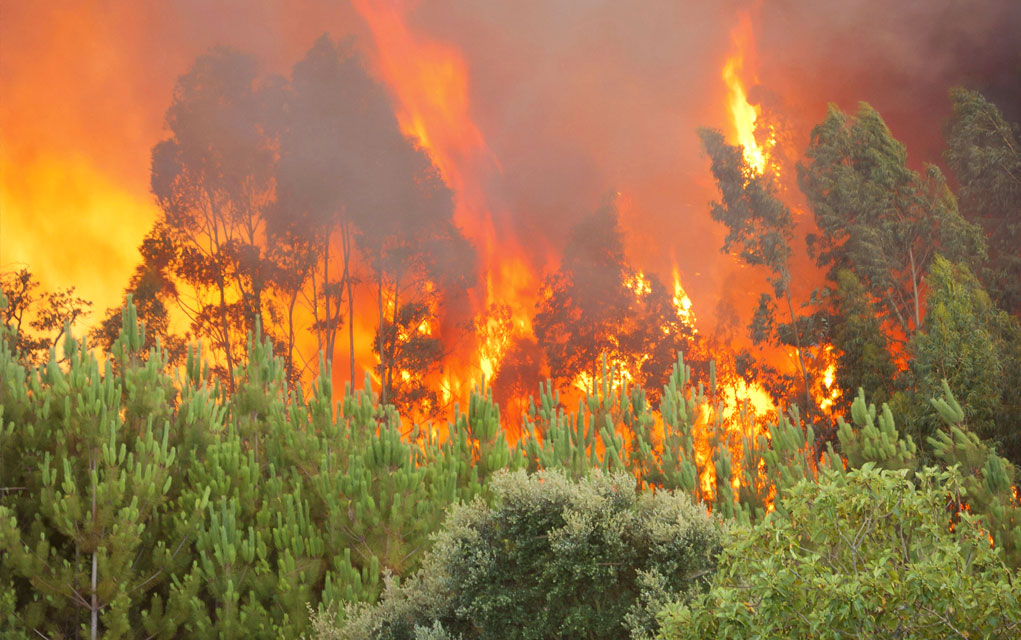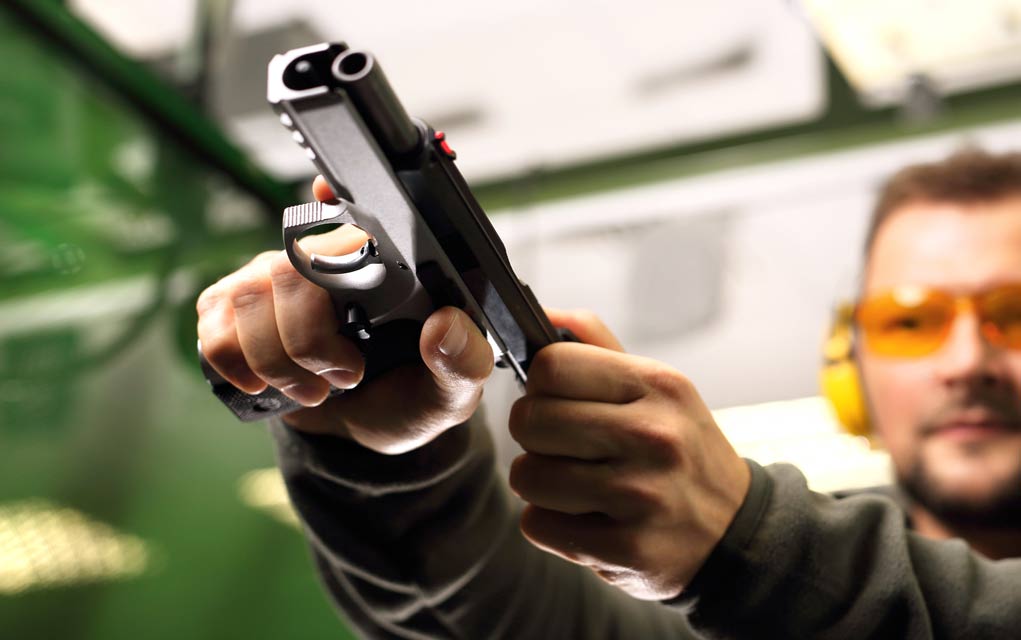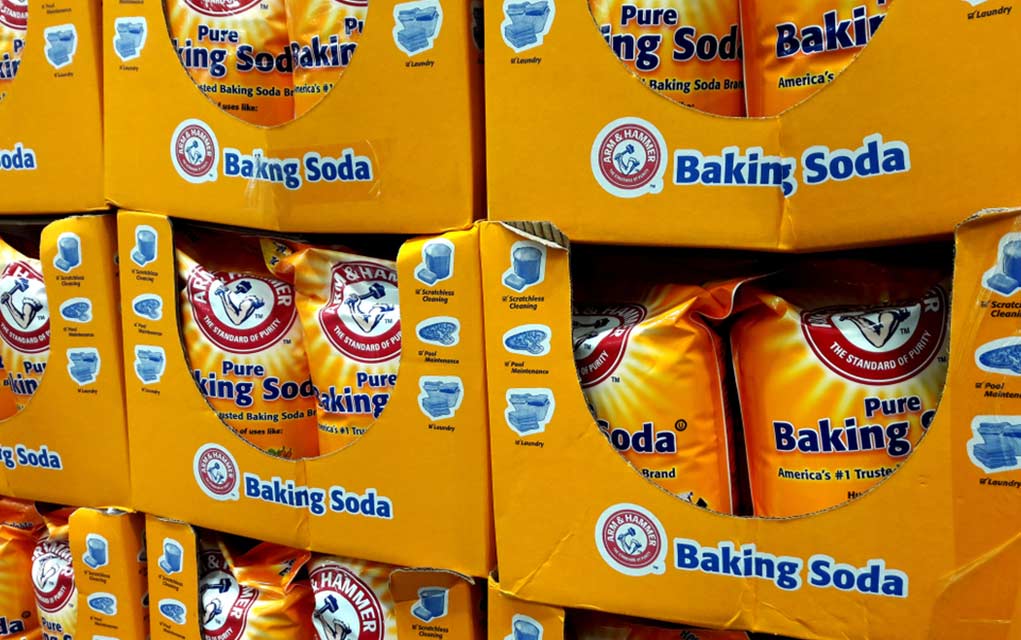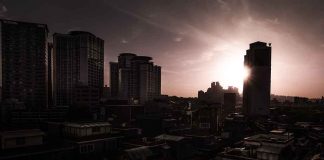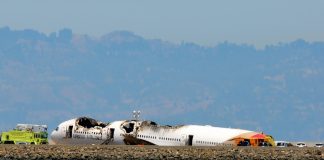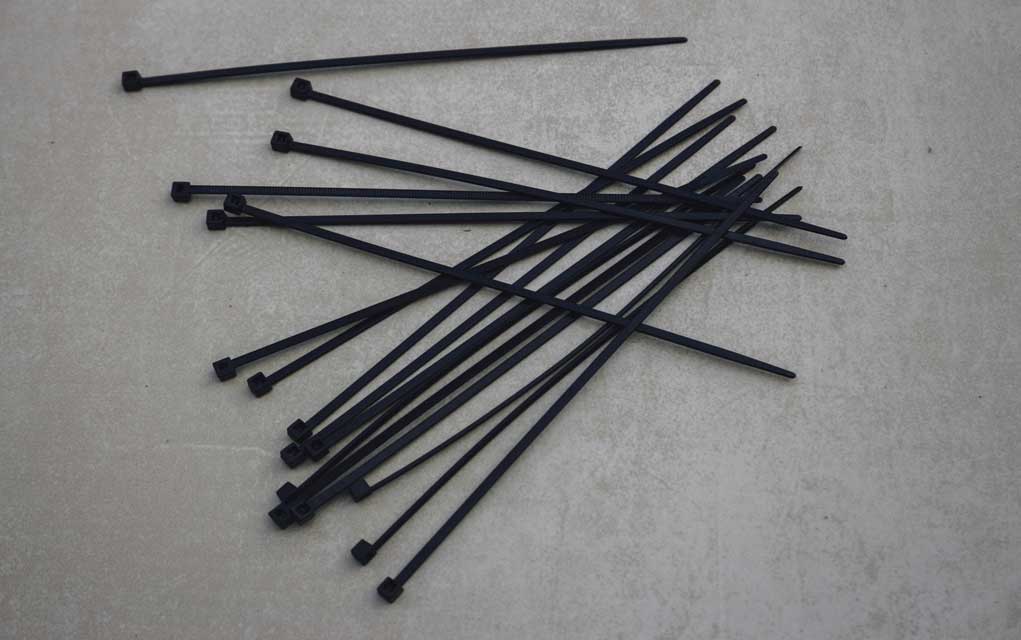(ModernSurvival.org) – The unfortunate truth is that a wildfire can happen nearly anywhere, at any time. Thankfully, there is a lot you can do to protect yourself, and your loved ones — both before a fire breaks out, and once one is threatening your area.
Preparing Your Home
Most people get injured or killed in a wildfire because of smoke inhalation or burns. You can reduce your risk by preparing yourself and your home, especially if you live in an area prone to wildfires.
- Try building or purchasing a home constructed with flame-resistant materials such as brick, stone, concrete, or steel.
- Consider the defensible zone parameter. Even if you are within range of firefighters and a water source, there is no guarantee that access is possible. It can help to add a pond around the home or to install concrete or gravel in the yard instead of grass.
- Ensure that at the very least, there are 30 feet of clearance between flammable items and your home, including propane tanks, leaves, and main shut-off valves.
- Keep the lawn short and watered at all times. This will reduce the potential for fires to spread closer to your home.
- Keep the roof and gutters free from leaves, twigs, and branches.
- Ensure that recreational fires have a proper setting, and don’t have them at all during times that are considered high risk for wildfires.
- If possible, have a large source of water (swimming pool, pond) nearby, along with a good water hose.
- Keep lawn trimmings and leaves cleared out of your yard.
- Trim tree branches from within 15 feet of ground level, to make it harder for them to catch fire. Cut away any branches that hang over your home.
- Store gasoline for your lawnmower in approved containers, and keep them far away from your home.
- If you keep firewood, make sure it is stacked no closer than 100 feet away from your home.
Plan for the Worst
Wildfires move rapidly and can change course quickly, depending on the weather and landscape. Exit routes may be blocked by fire or cut off by emergency equipment. Either way, it’s good to prepare for the unknown.
- Gather Information
Know what to do before a wildfire occurs. Learn which local, state, and federal resources are available to you and where you can go to get help. Keep in mind that resources may be limited, so try not to rely on government entities to offer much help or assistance in the beginning. Sign up for email and SMS weather alerts, but keep a battery-powered weather radio within close reach so you can keep up-to-date, even if the power goes out.
2. Create a Plan
Create an escape plan you discuss with your family — and practice it before a wildfire occurs. Every family member should have a role and know what to do before, during, and after a wildfire. Make sure everyone knows the location of all exits, and emergency kits, where to meet, and who to contact.
3. Prepare an Emergency Kit
Prepare an emergency kit with enough resources to last at least 3 days. In fact, now is a great time to get your Bug Out bag together. If possible, keep at least 2 different kits so that family members have easy access no matter where they are. Take into consideration the family member count and what particular items are considered essential to survival, such as medications.
When Facing a Wildfire
No matter what you do, follow any emergency instructions that local authorities give you; they could save your life. If you are forced to evacuate, grab your emergency kit, and leave along a route that is least likely to be overrun by the fire.
If you have time before you are forced to evacuate, the Federal Emergency Management Agency (FEMA) has a few suggestions to safeguard your home:
- Shut off the gas to your home.
- Cover attack and ground vents with plywood.
- Move flammable furniture away from windows and into the center of each room.
- Close all doors inside the home, and shut all external windows.
- Wet the roof of your home with garden hoses if possible.
- Water your lawn and any surrounding shrubbery.
- If you have patio furniture that could catch fire, move it inside your home.
- If you have propane tanks, shut them off.
If you have a family, you are well acquainted with the responsibility that comes with caring for them. Preparing for a disaster is simply part of providing for and protecting your family. For more information on what to do in the event of a house fire, click here.
~Here’s to Your Survival!
Copyright 2023, ModernSurvival.org
